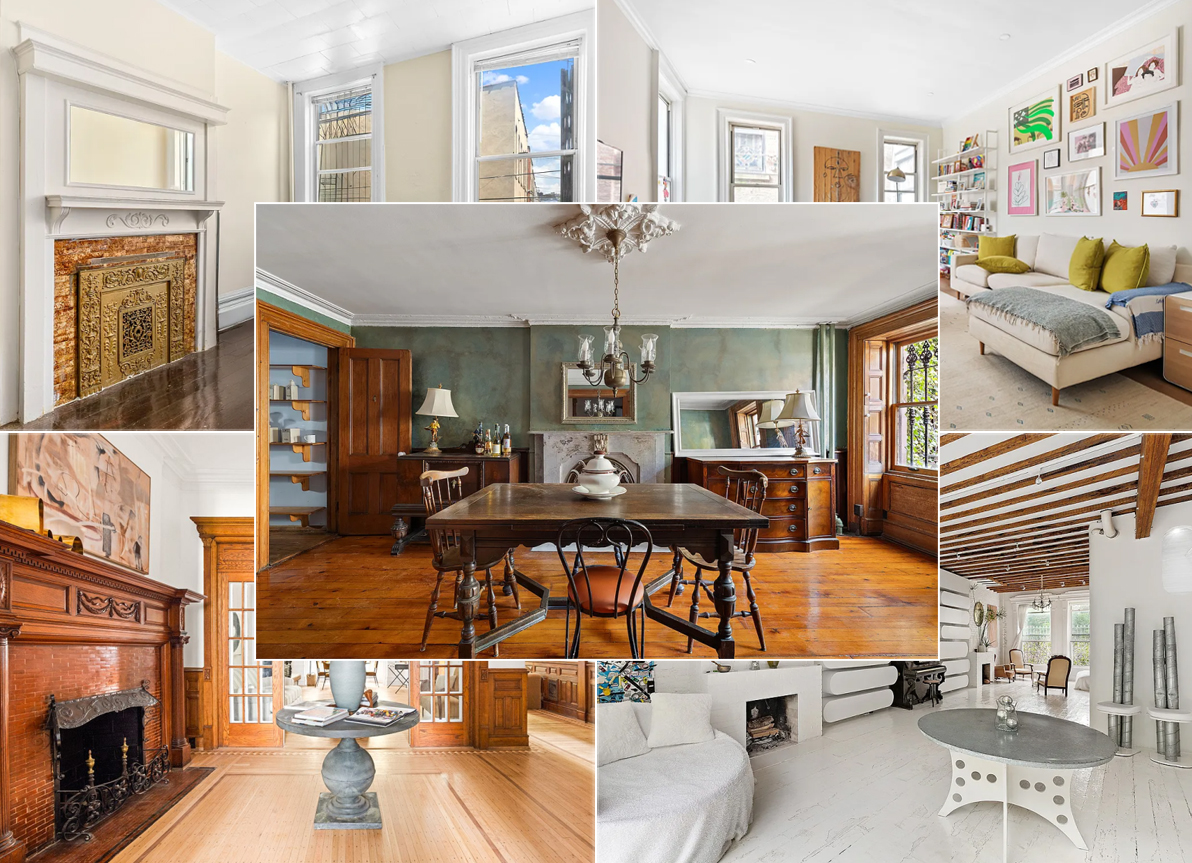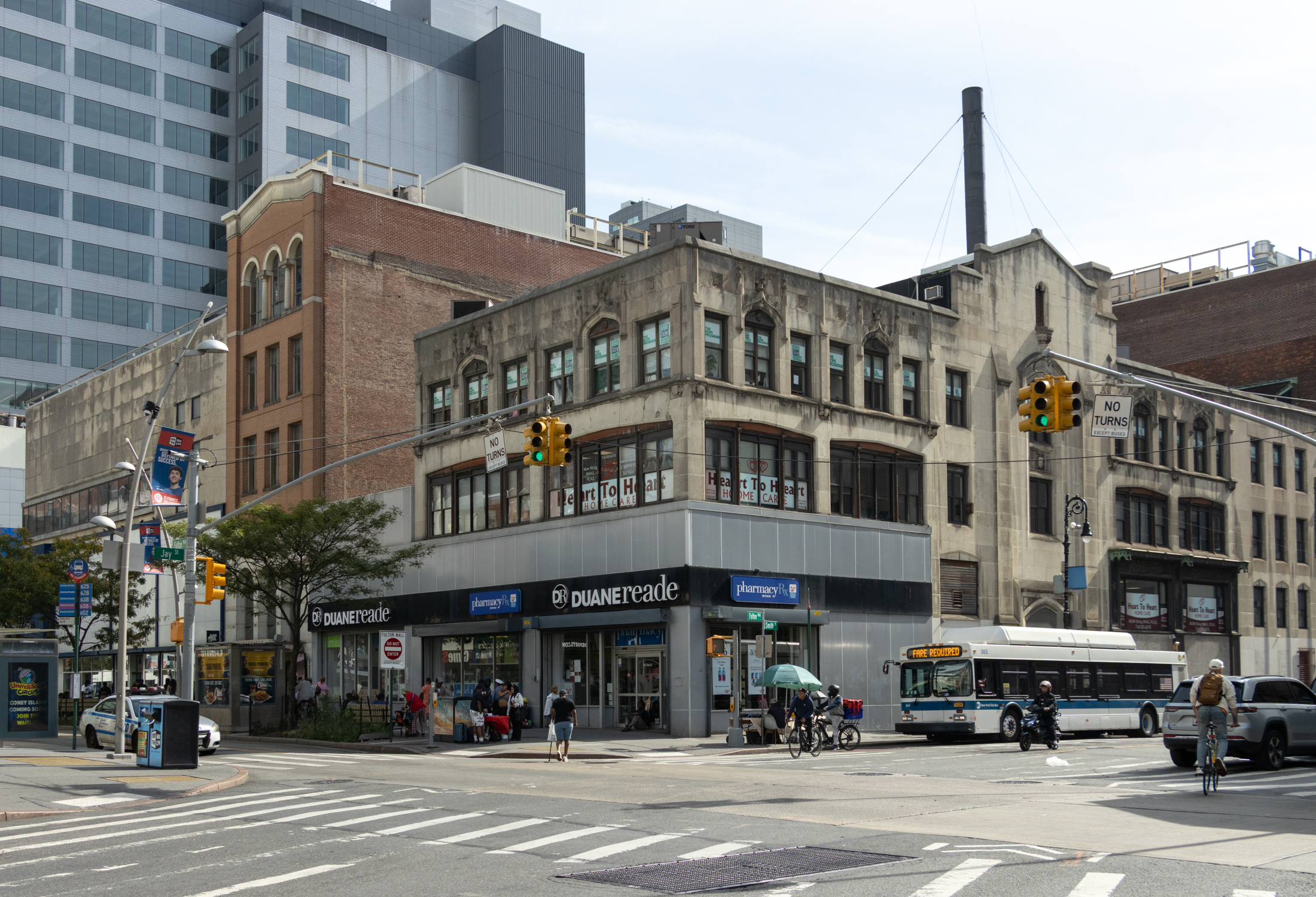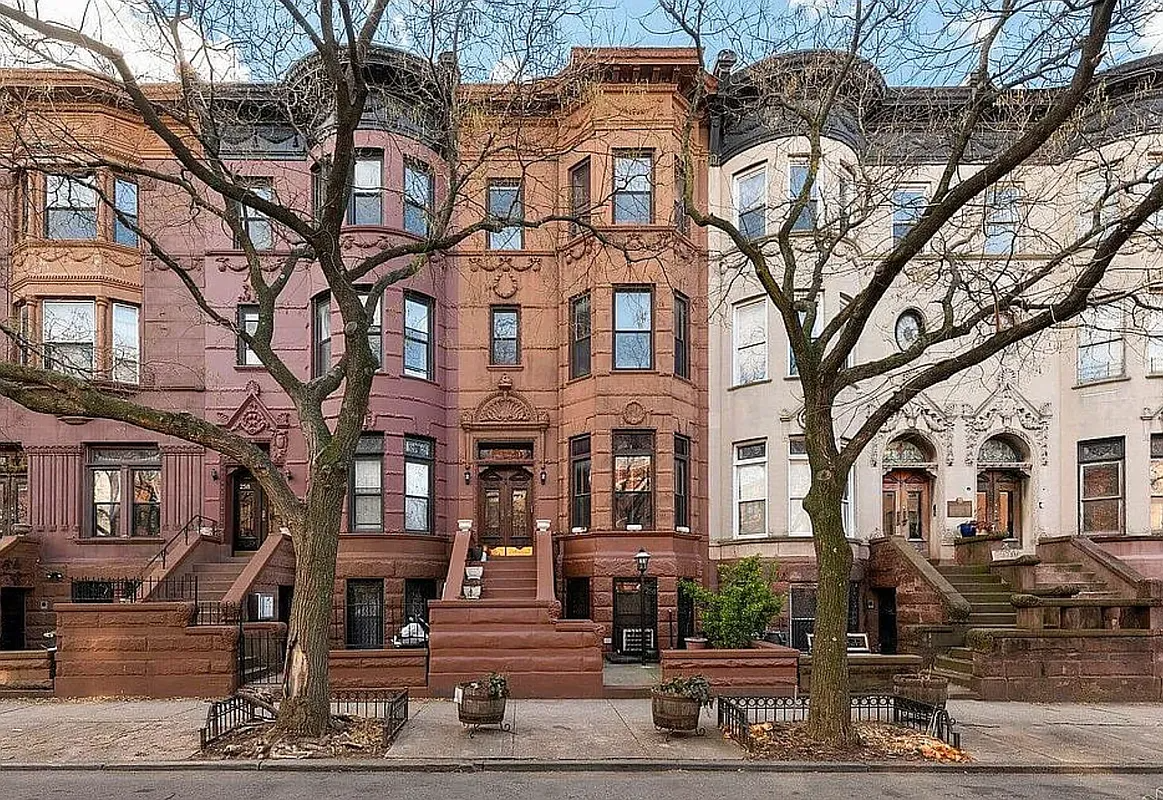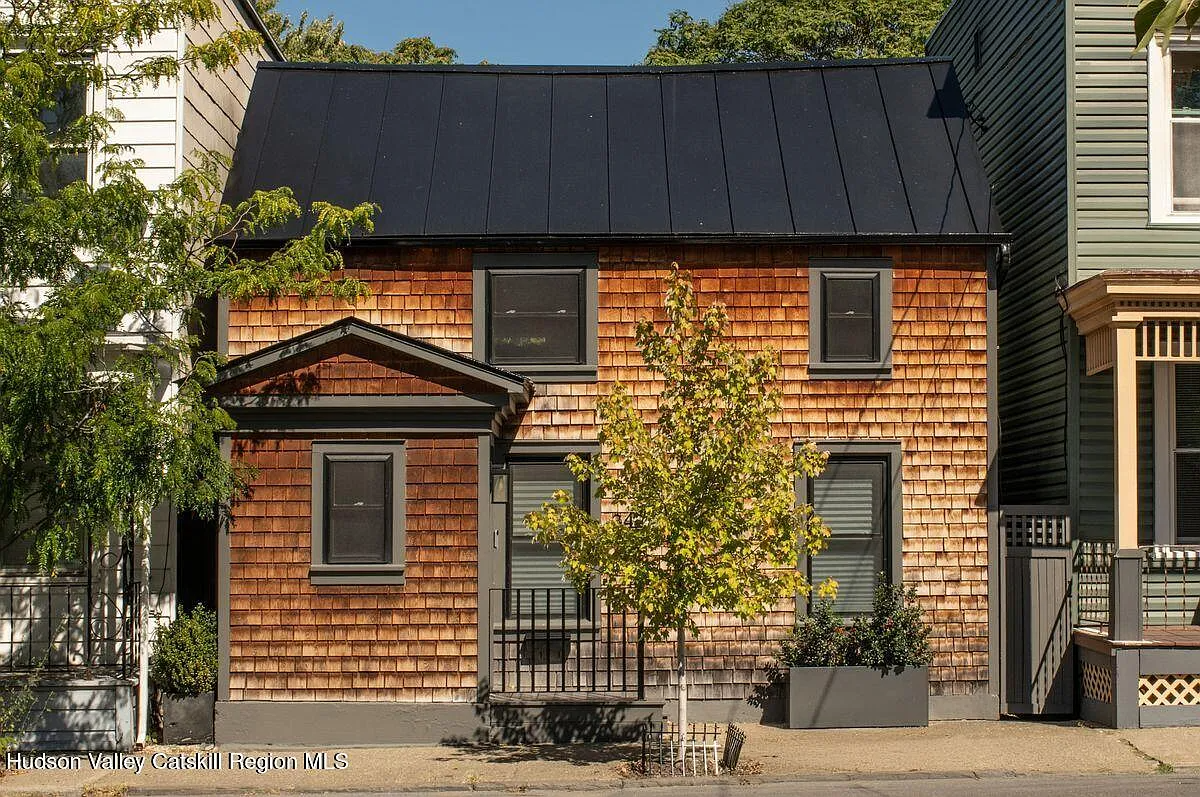Where and When Will The Market Bottom?
Most people interviewed in this weekend Times article about New York’s real estate market finding its bottom seem to agree that prices so far have come down about 25 percent; how much further they have to fall is a matter of more varied opinion, though it sounds like 10 or 15 percent would be a…

 Most people interviewed in this weekend Times article about New York’s real estate market finding its bottom seem to agree that prices so far have come down about 25 percent; how much further they have to fall is a matter of more varied opinion, though it sounds like 10 or 15 percent would be a consensus range. Which means we could be closer to the bottom than past cycles would suggest. Even if the New York market were to end up being 35 to 45 percent down, he said, to the degree we’re seeing deals done at 30 to 32 percent down anyway, it’s not very far away. What may happen, some speculate, is that the correction, however brutal, could be accelerated into a shorter time period that last go-round. It’s possible that rather than seeing price declines spread out over a six-year period, this time it could be concentrated in a two-year period, said Ingrid Gould Ellen, co-director of the Furman Center for Real Estate and Urban Policy at NYU’s School of Law. That possibility, along with the fact that there are plenty of folks waiting in the wings wanting to buy, has the brokerage community cautiously optimistic that the real estate business may avoid having a lost decade. After all, what broker’s need to get paid are transactions more than high prices.
Most people interviewed in this weekend Times article about New York’s real estate market finding its bottom seem to agree that prices so far have come down about 25 percent; how much further they have to fall is a matter of more varied opinion, though it sounds like 10 or 15 percent would be a consensus range. Which means we could be closer to the bottom than past cycles would suggest. Even if the New York market were to end up being 35 to 45 percent down, he said, to the degree we’re seeing deals done at 30 to 32 percent down anyway, it’s not very far away. What may happen, some speculate, is that the correction, however brutal, could be accelerated into a shorter time period that last go-round. It’s possible that rather than seeing price declines spread out over a six-year period, this time it could be concentrated in a two-year period, said Ingrid Gould Ellen, co-director of the Furman Center for Real Estate and Urban Policy at NYU’s School of Law. That possibility, along with the fact that there are plenty of folks waiting in the wings wanting to buy, has the brokerage community cautiously optimistic that the real estate business may avoid having a lost decade. After all, what broker’s need to get paid are transactions more than high prices.
Looking for Bottom in N.Y. Real Estate [NY Times]
Photo by simplerich





NOP, thank you for the informative and interesting post. I wasn’t in NYC in 1987 and did not realize prices on the UES tanked 50 percent in one year. That’s amazing. To what do you attribute the quick decline: Financial people losing money in the stock market, lots of coops coming on the market, fill in blank….?
No one was talking about average prices. I’m referring to a decrepit brownstone in Cobble Hill, bought for $900,000 in the nineties, nicely renovated, now asking more than $4 million. This house is not selling for more than 300% more because of the nice renovation.
By what metric is an area “200 % nicer?” Will it be 200% nicer if restaurants and wine bars close? Of course, now that I point out a very possible scenario, which any reasonable purchaser should consider, I’ll be called a nattering nabob, who is rooting for the decline of Brooklyn.
Let’s face it, the power has shifted to people with good credit, incomes and a downpayment, away from sellers and brokers. You can post on here until the sky turns green, but waiting gets you a cheaper house, and everyone knows it. Only an absolute madman would buy now because someone on here said it was the patriotic thing to do.
11217:
I qualified my remarks be saying “at the high end of the market.”
Scanning the New York Times, it’s clear that from Harlem to Long Island, the residential real estate market is tanking. Condos turning rental. People walking away from their deposits. Projects deferred indefinitely. Rising inventories. Foreclosures. All this in the mid to upper-middle market.
I, as did a lot of other people, thought my current apartment’s value immune, especially given its location and provenance. Boy, was I wrong!
And my belief flew in the face of my own experience!
Before taking my parents’ place, I’d competitively bid for and purchased (for cash) a co-op on a “name” street at the top of the market in 1987. I then saw its value drop 50% in 12 months! And it took a decade for its value to climb back.
The building had great financials and was located in a town house in the heart of an established landmarked district (nothing “up and coming” about it — it had arrived decades before). And in the mid-90s, when I considered selling, realtors described my apartment as “triple mint.”
There wasn’t a single taker at that tremendous mark-down!
Luckily, I enjoyed having a place in town and sold it years later for a reasonable profit (blown, together with my original principal, by the market’s current down turn!).
So, having lived through the bubbles of 1987, 2000, and today’s, you’d think I’d have learned a lesson, i.e., that real estate is as much an emotional as rational decision. But, no! I’m shocked — shocked! — by my Manhattan cooperative’s decline in value!
Fool me once, shame on you. Fool me twice, shame on me. Fool me three times and it’s time to kick back, relax, and take pleasure in a place to live rather than speculate.
NOP
I don’t think that the average NYC home price went up 400% in 10 years. I think that is more anecdotal than it is a reflection of the market at large.
As I’ve said before, Park Slope townhouses were selling for a million dollars in 1999. Now they’re around 2 million. And the area around 5th Avenue is about 200% nicer than it was in 1999. With FAR less crime, more services and shops, top notch dining and one of the best schools in the city.
I think you like to make generalizations.
11217 –Why would a reno that, however nice, represents a fraction of the overall value of a house increase its worth by 300%? 400%? Leverage was what drove prices, not Wolf ranges.
As much as I respect your financial knowledge BHO I don’t think the car analogy is going to get you very far. That being said, the ponzi scheme is indeed over.
“Wouldn’t we expect that homes with new insides and facades would be worth more?”
Why do brand new cars depreciate as soon as they are driven off the lot? They become used, pre-owned.
The Ponzi scheme is over.
***Bid half off peak comps***
“I don’t know about anyone else, but I’ve come to skip every single post by BHO and the What.”
No, it’s not everyone else. It’s just you recent buyers. We have nothing positive to say in support of your sky-high but falling appraisal. But you don’t REALLY skip – you tend to respond.
***Bid half off peak comps***
Do people not attribute some of the run-up in housing prices over the last decade in our area due to the fact that we are surrounded by falling down and sometimes decrepit brownstones, which have been slowly undergoing a massive scale renovation sweeping Brownstone Brooklyn?
Wouldn’t we expect that homes with new insides and facades would be worth more?